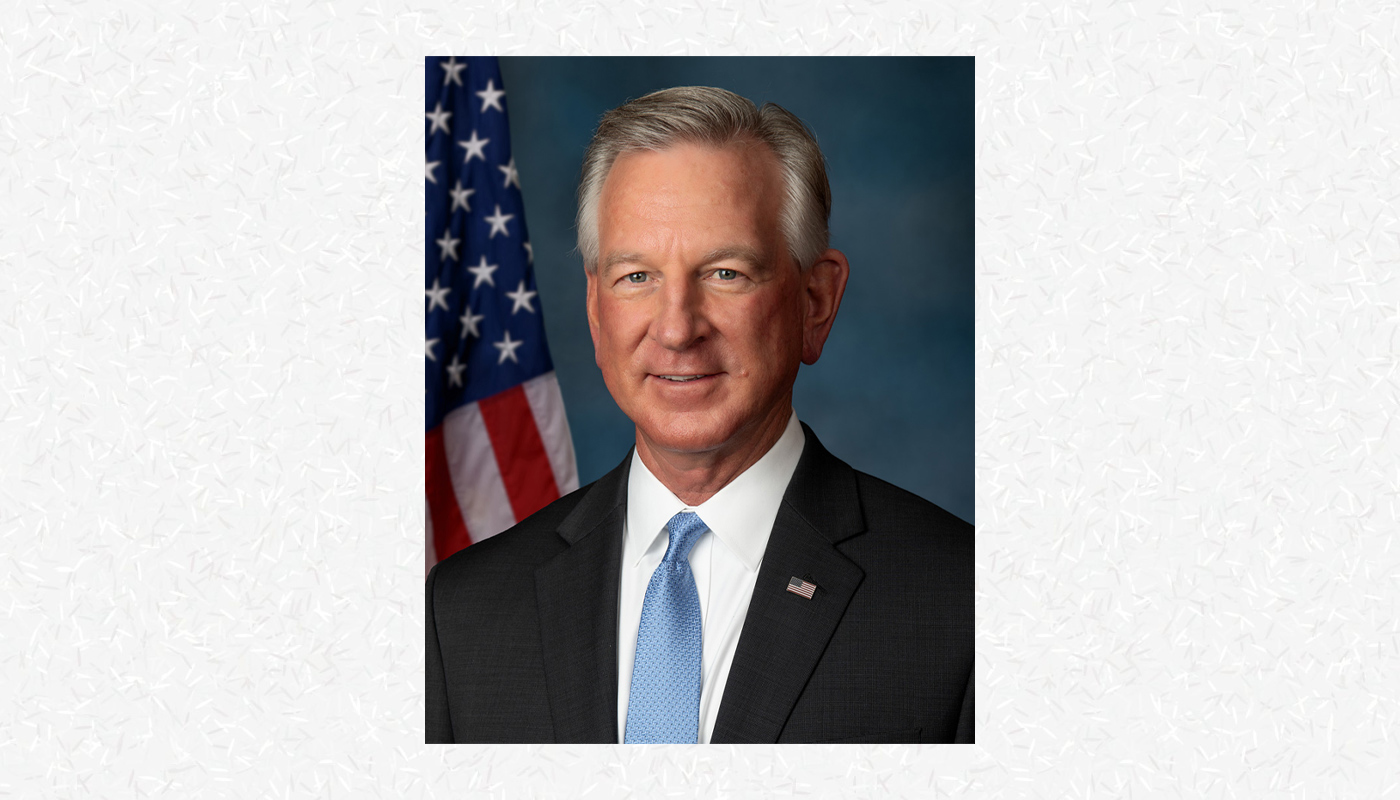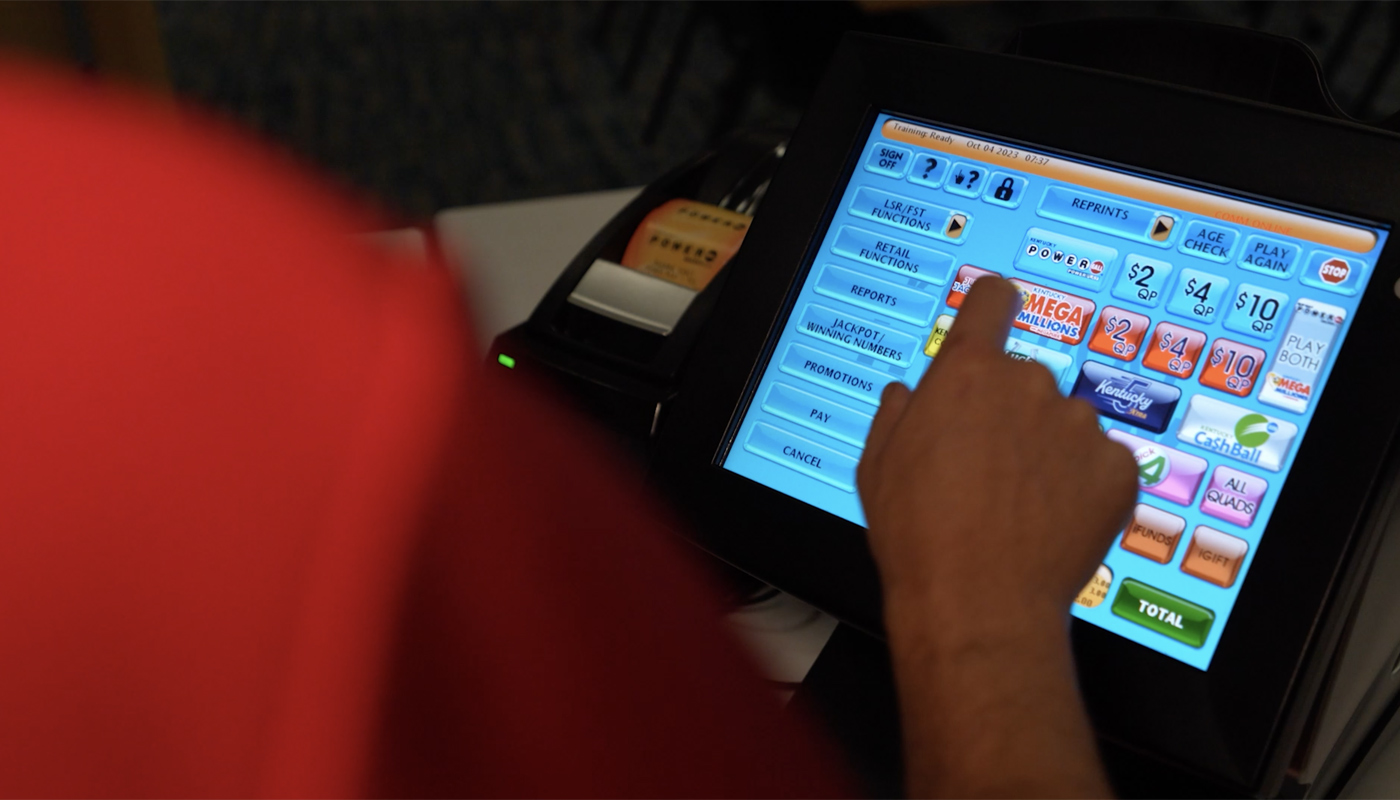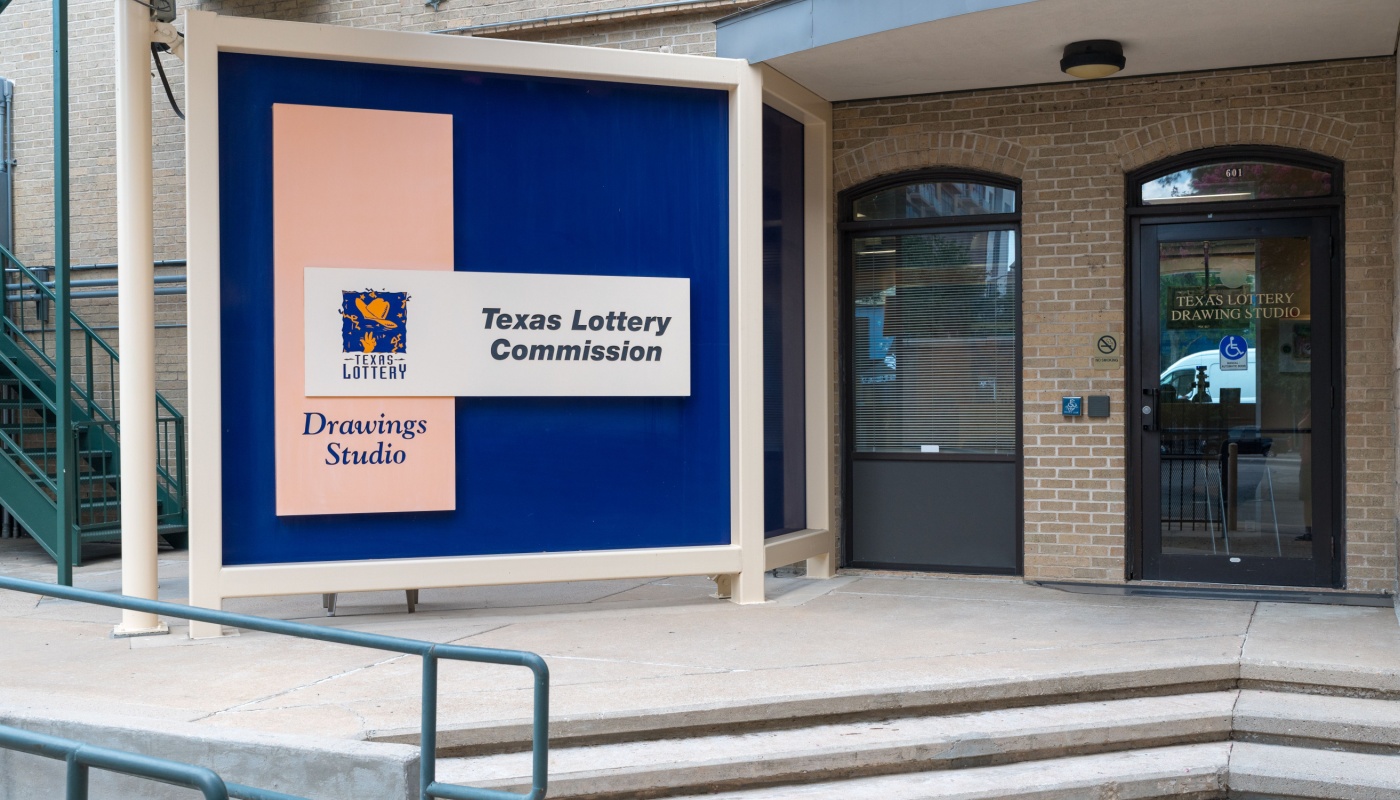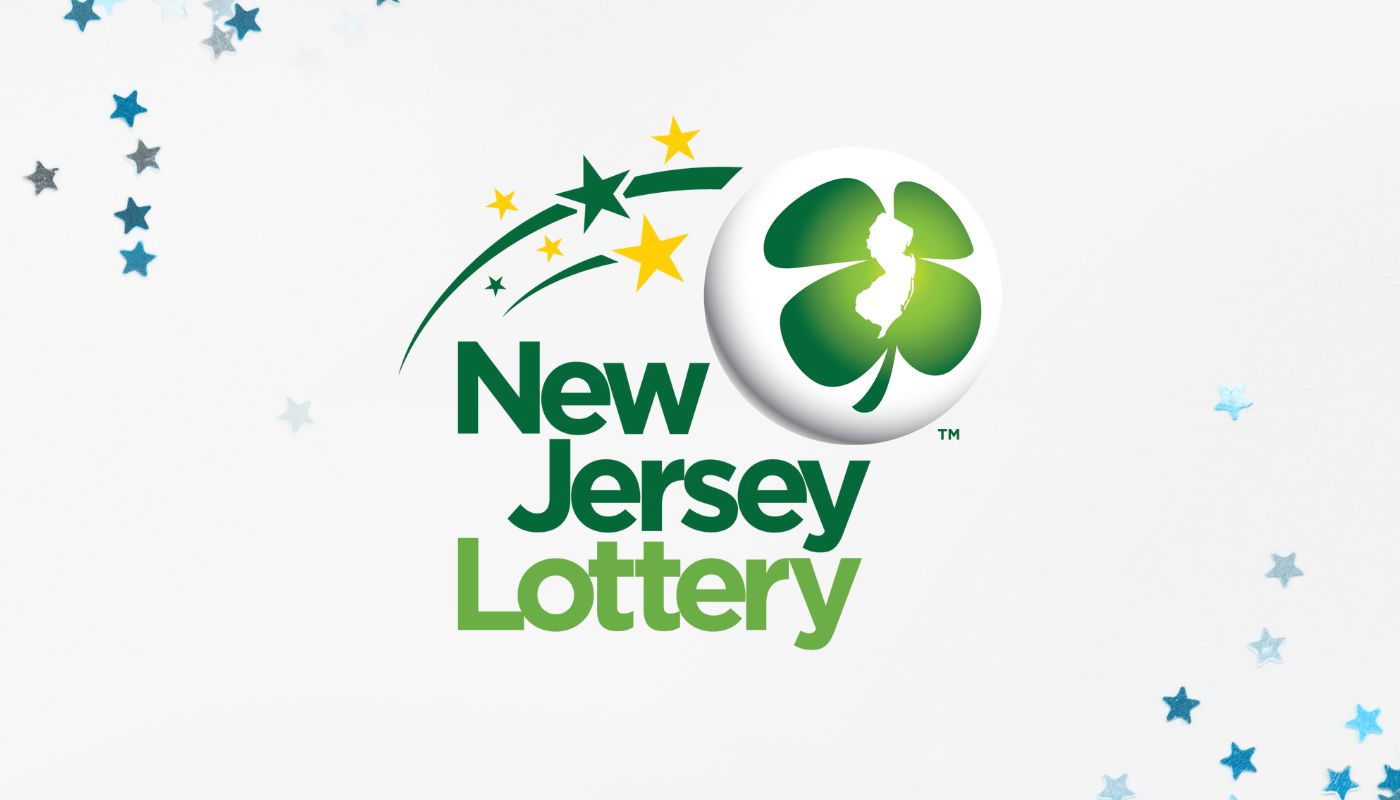
News writer
Alabama has always been a no-lottery state despite attempts to instate one. Establishing a lottery - and how it will work - is still a hot topic among government hopefuls.
U.S. Sen. Tommy Tuberville, who is running for governor next November, talked in-depth about the future of the state lottery on WVNN's “The Dale Jackson Show.”
For the people
When it comes to enacting a state lottery, Tuberville says he's been doing his homework. He told talk show host Dale Jackson that he's been asking former governors for advice on the matter. Tuberville said on the show:
Now, I'm not going to allow people to come in and run these lottery associations. As I've been in DC, I've sat down with governors who are now senators and talked to them about good and bad and different things that they've done. That's one of the things they say: if your people want to pass the lottery, just make sure that the money goes to the state and not to the people running the lottery system.
For a lottery to successfully launch, the legislature will have to propose one. Then, it will go to a referendum for public vote, Tuberville said:
If it's done, we'll do it the right way. Again, it's going to be passed by the people of Alabama, but it will be done the right way, and we'll make some money out of it.
The problem with commissions
Generally, most state lottery sales benefit winners, retailers, and state causes like education, senior care, and other social services. Lottery commissions, the governmental bodies that run the lottery, often collect operational expenses, such as salaries, advertising, and legal fees.
However, government involvement in lotteries has always been controversial, and when commissions break the law, the scandals become big news and sow mistrust. The Texas Lottery Commission was abolished this year after it was caught up in a scandal in 2023, wherein an entity bought 27 million tickets in every combination, assuring the $95 million jackpot win. An investigation was launched into the commission, which may have allowed the entity to skirt gambling laws. In 2017, it was discovered that Eddie Tipton, a former information security director of the Multi-State Lottery Association, rigged a number generator for the game Hot Lotto in Colorado, Wisconsin, Kansas, and Oklahoma. He took home $14.3 million after a 2010 drawing.
Alabama's long, no-lotto history
Tuberville also contends with a legacy of no-lottery sentiment.
In 1999, Alabama voters had their one and only chance to vote on a lottery - and they voted it down. Since then, numerous attempts to revive the lottery have floundered in the legislature. Most recently, in 2024, a House Bill allowing a lottery passed the House but died in the Senate in April.
According to the Alabama Reflector, tribal casino interests and disagreements over distribution clash with the formation of a lottery. Sports betting is often put forth in tandem with lottery legislation, which amplifies the controversy among conservative groups.
It's clear why Tuberville is taking a measured, people-centric approach to his platform. The future of the Alabama lottery is unclear. In the meantime, Alabama, Alaska, Hawaii, Nevada, and Utah are the only U.S. states without a lottery.


















Comments